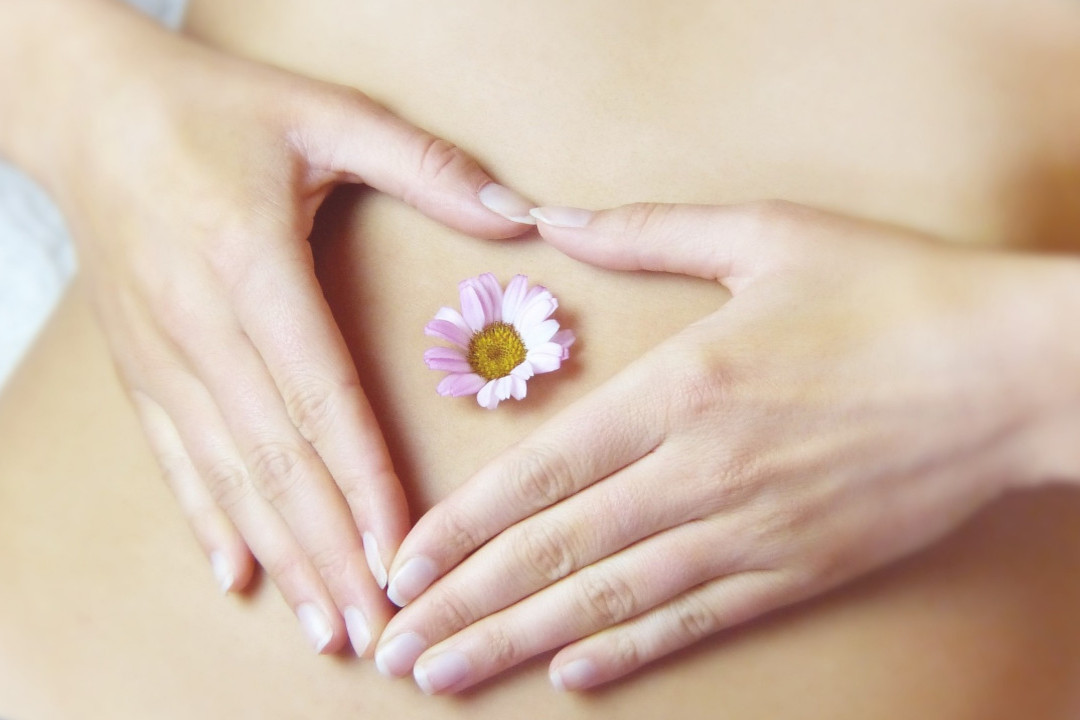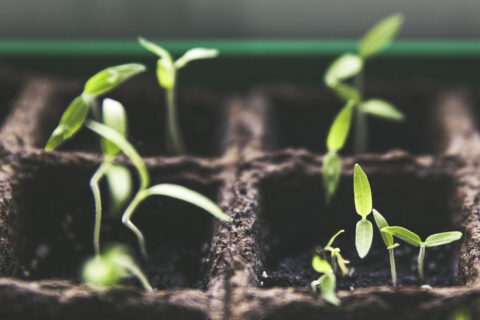100 trillion of them are in the gut, more than the body has cells. Together they make up about two kilograms of our body weight. The gut microbiome and its effects on health have long been neglected. But for some time now, there has been a real hype about the countless bacteria in our gut. They help with digestion, produce vitamins and together displace disease-causing germs. If they are satisfied, we are supposed to feel great. An intact microbiome is even said to be responsible for positive effects on diseases such as diabetes or depression. It is even said to make kilos fall off!
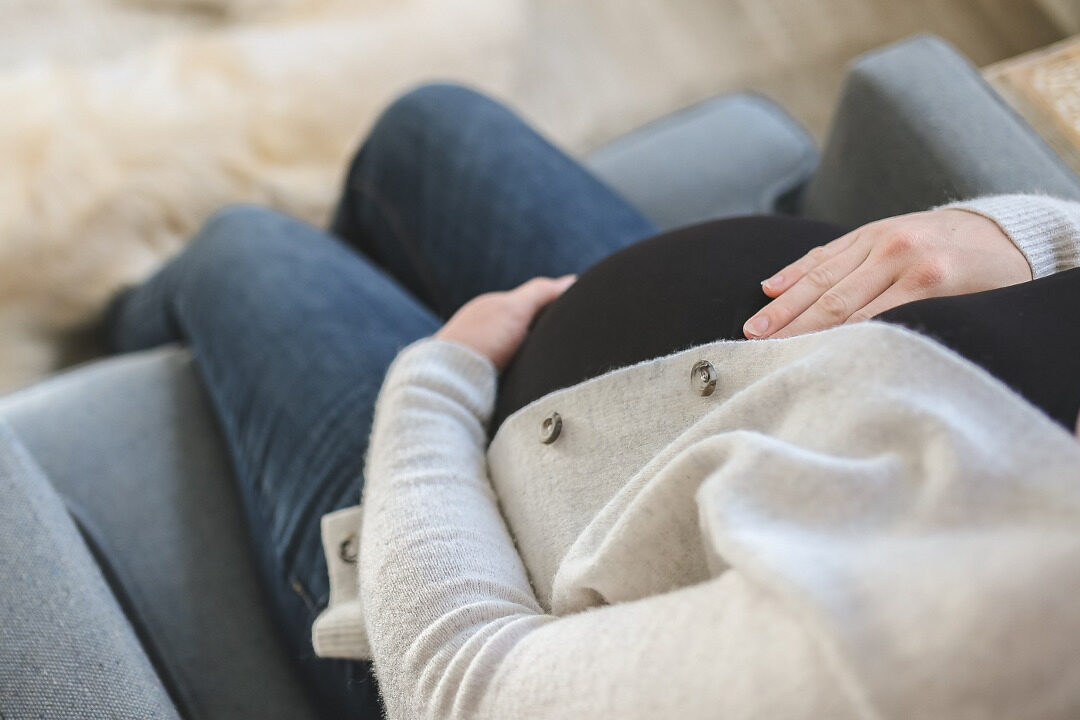
Diversity is dwindling
He wants to store stool samples from all over the world in a Swiss bunker to preserve the diversity of intestinal bacilli for posterity. According to Adrian Egli of the University of Zurich, a veritable “species extinction” is taking place worldwide. In an interview with “SRF Puls”, the microbiome researcher emphasises the importance of gut bacteria. Even during pregnancy, the mother’s diet has an influence on the child’s immune system and psyche. The development of the intestinal flora is not complete until the child is three years old. After that, it is only possible to influence it to a limited extent.

Variety makes the difference
A varied diet with lots of vegetables and natural foods is recommended. On the other hand, convenience food and low-fibre fast food should be avoided. And always important: do not overdo it. The magic word is “variety“. Because if you eat a vegetarian and gluten-free diet like the test person in the SRF programme Einstein htps, you risk a monotonous microbiome like the one in the upper part of the graphic. Only after she consciously incorporated calcium-rich foods (e.g. milk, cheese, quark, yoghurt) into her diet for several weeks did the full diversity emerge.
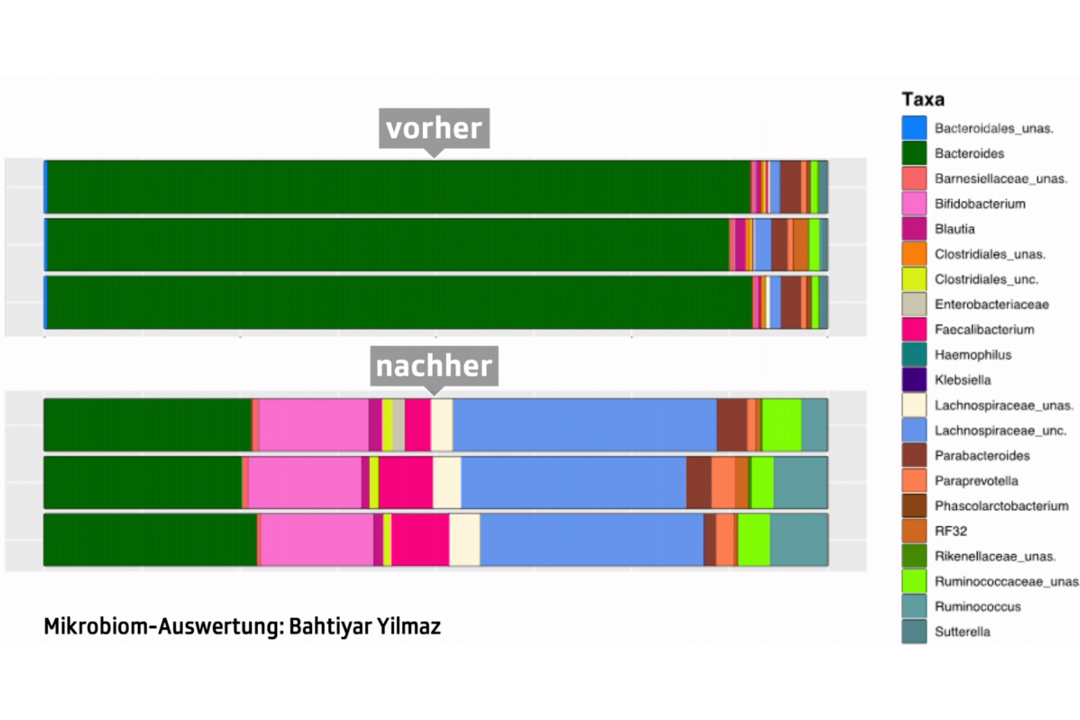
Reasonable portions
The graph shows the change in the microbiome of a test person who previously ate a vegetarian and gluten-free diet. Only by adding more variety to her diet, including dairy products, did the microbiome become more balanced within a few weeks, as can be seen from the many coloured bars.
So if you have the size of the portions under control, do not overload the intestines and eat a balanced diet, you are well on the way to a flourishing microbiome.
More on the topic of “Eat to stay slim” can be found in the Mucca.ch blog: Eat to stay slim – Mucca.ch
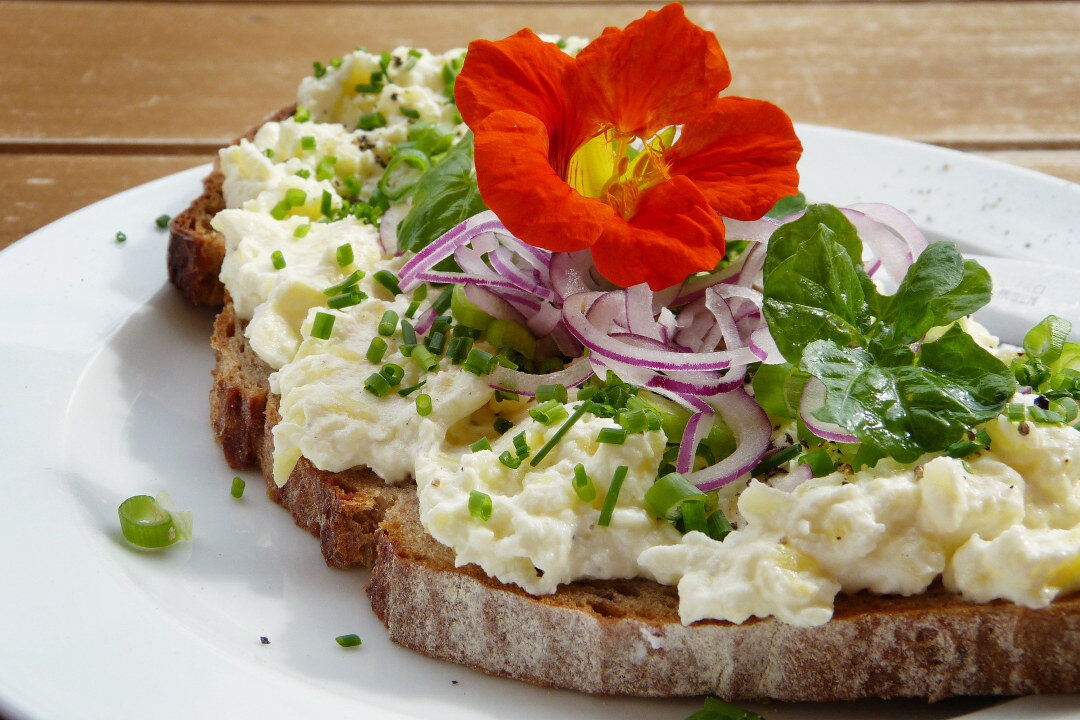
Sources:
SRF-Sendung “Puls” vom 09.01.2023: Puls – Hoffnungsträger Mikrobiom – Gesunder Darm, gesunder Mensch? – Play SRF
SRF-Sendung “Einstein” vom 24.09.2020: Einstein – Besser leben dank gesundem Darm – Play SRF

